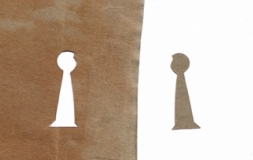Submitted by crinadmin on
A landlocked African country, located between South Africa and Mozambique, Swaziland is one of the smaller African countries, being only just over 17,000 square kilometres in area and no more than 200 km north to south at any point. Independent since 1968, it is a monarchy, sometimes described as “absolute”, with a parliament and two traditional royal households - a king, who still retains significant executive powers and a king's-mother, or equivalent senior female family member, whose role is now largely symbolic. Freedom of expression and opposition political activity to the monarchy is heavily restricted, while violence by security services, child labour and abuse and discrimination against LGBT and ethnic or racial minority groups are also serious concerns.
Organisations in Swaziland
- Attorneys for the Rights of the Child
- Canadian International Development Agency
- Child Helpline International
- Global Campaign for Education
- International Centre for Child and Youth Studies
- International Planned Parenthood Federation
- Kindernothilfe
- Kindernothilfe (Africa Representation Office)
- Sakha Sive Sakusasa
- Save the Children UK
- Save the Children UK - Swaziland Office
- SOS Children's Villages International
- SWATCYP - ASSITEJ Swaziland
- The Technical Working Group (TWG)
- UNESCO
- Women's World Summit Foundation
- World Association of Girl Guides and Girl Scouts (WAGGGS)
- World University Service - UK
- World Vision - Canada

